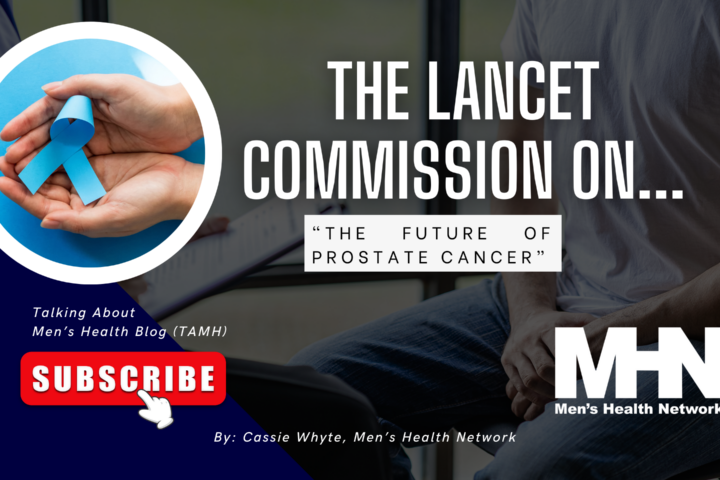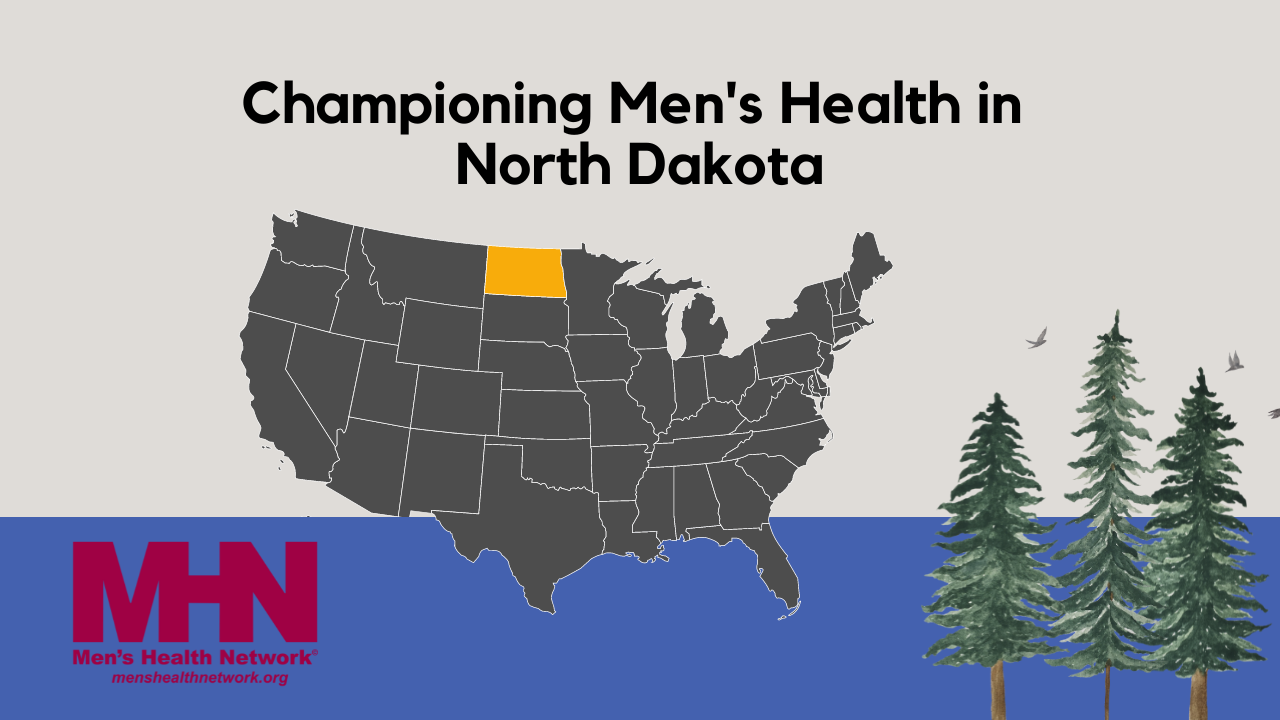Despite the decades-long drumbeat for gender equity, young American men still feel strong social pressure to adhere to traditional male roles to be tough, sexually aggressive and controlling, even though most personally don’t believe in the tenets of old-style masculinity. This disconnect between how they feel they should act and how they say they want to act leaves many young males at sea.
“Most young men believe that women are their equals,” Gary Barker, president and CEO of Promundo, an international organization working with boys and men that today released a report, “Man Box: A Study on Being a Man in the U.S., the U.K. and Mexico.” “It’s other parts of manhood — the toughness, the emotional straitjacket, the need to be a rugged individualist — that continue to thrive because we still hold those values up as what males should live up to.”
These tensions loom large for Anthony, a 25-year-old African American man in Washington, D.C. (name changed for privacy). “I don’t feel that pressure because I’ve created a group where I can be unapologetic in everything that I do,” he said. “But still, I have to exist inside of society. If I’m on a train or in a certain part of town, I will throw out a more masculine thing to kinda protect myself.”
The study asked 1,328 young American men, 18 to 30 years old, how they felt about 17 messages conveyed by parents or society about being a “real man.” Between 55 and 75 percent said they learned that men should act strong even if they feel nervous or scared, have as many sexual partners as possible, always have the final say in decisions in marriage or relationships, fight back if pushed around and never ask for help.
Most men inside the “box” are satisfied with life, yet “their bravado and outward posture that ‘all is fine’ masks deep insecurities, depression and frequent thoughts of suicide,” according to the report. Compared to outside-the-box men, they engage in risky behaviors such as binge drinking and reckless driving, and are three to six times more likely to be victims or perpetrators of bullying and to sexually harass women.
Yet, for men outside the “box,” the dissonance between perceived social norms and personal beliefs looms large.
“Many of us feel our role of provider is being decimated, leading some men to feel inadequate,” Aaron, a 21-year-old white Southern California man, said. “We don’t see ourselves in the same positions as our fathers. These are effects of toxic masculinity.”
Many young men walk the talk about gender equality. But — like other issues in our divided nation — many others follow the macho playbook. Thus, all too many feel confused, insecure and angry about deciding which hat to wear or when to switch hats.
Parents, schools and other men need to reinforce messages that it is better for men and women when men adopt more egalitarian, sensitive norms. But parents, women, popular culture and society also must do better about not sending mixed messages about masculinity.
Photo by Christian Fregnan on Unsplash




